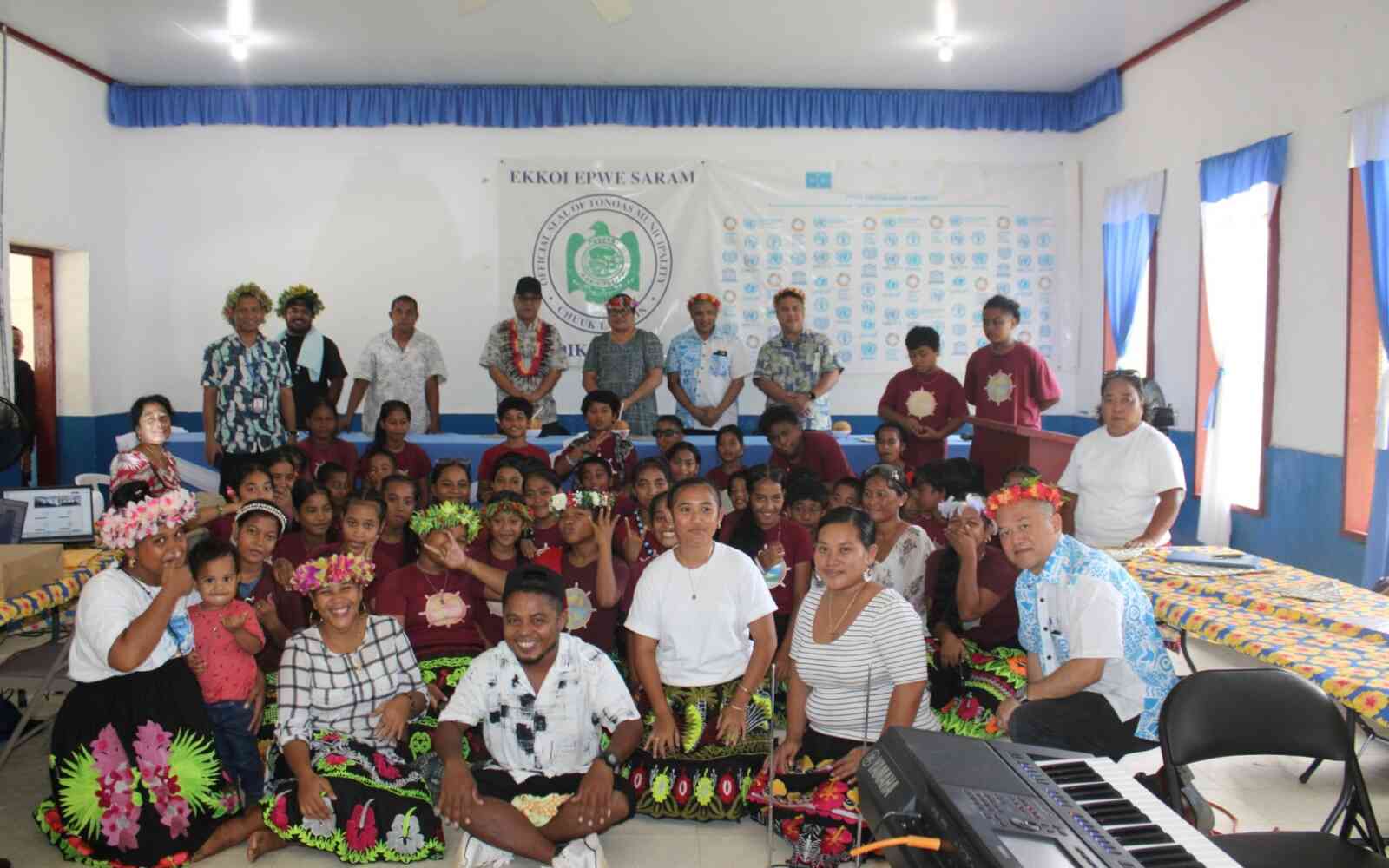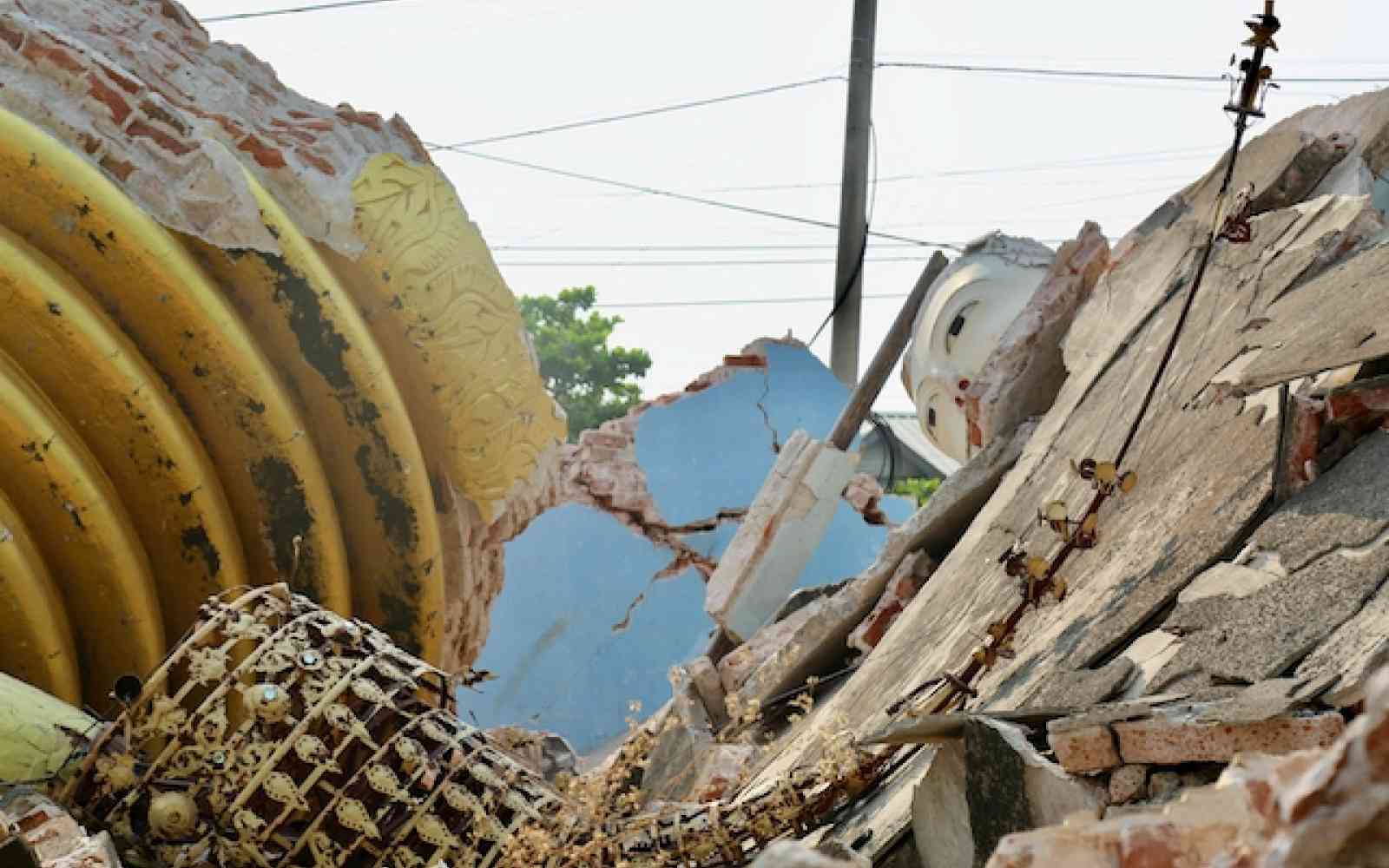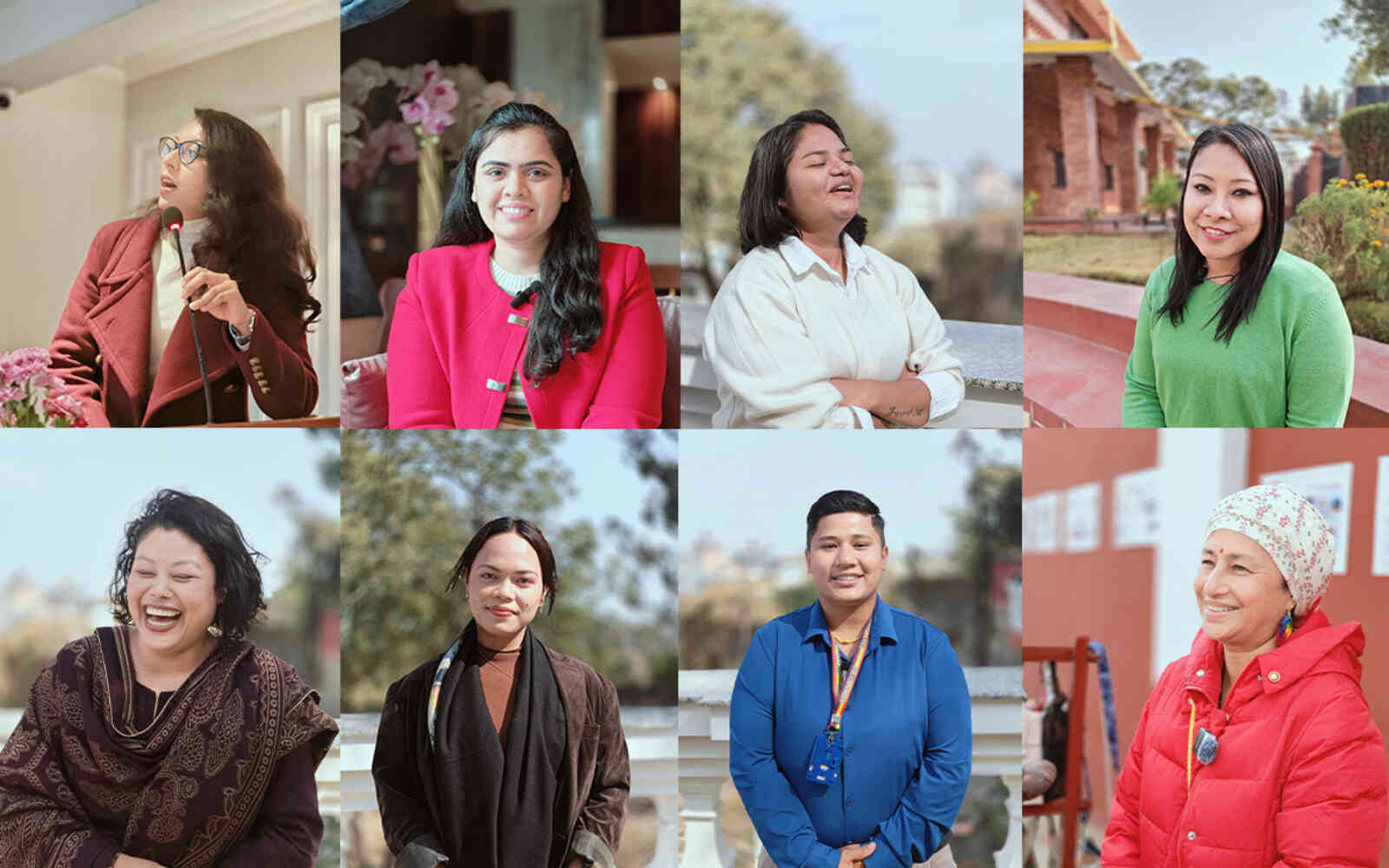The United Nations Office for Project Services (UNOPS)

Light for homes and livelihoods in rural Papua New Guinea
Creating possibilities for remote communities in Papua New Guinea – with sources of off-grid electricity.
Papua New Guinea (PNG) – the world’s third-largest island country – comprises its mainland and 600 islands and atolls that span over 452 square kilometres in the southwestern Pacific Ocean. With over 800 languages and 1,000 distinct ethnic groups, PNG is one of the most diverse countries in the world. It also has one of the highest rural populations. Home to more than 11 million people, an estimated 85 per cent of the population live in rural areas.
This presents unique and complex challenges in the development of essential infrastructure as well as improving access to health, education and economic opportunities. One major problem is the lack of reliable access to electricity in the island nation – with its wide sprawl and complex topography. Communities in many rural areas live their daily lives without electricity, which greatly limits their potential.

Consider Telefomin, one of PNG’s most remote and disadvantaged districts, with little to no access to electricity. Rhoda – a working mother and resident of Telefomin – understands the challenges all too well.
Rhoda would rise early before dawn to cook for her family and help her small children get ready for school without a source of light. She earns her living making bilums – traditional hand-woven string bags crafted from natural fibre – which is an important source of income for many women in PNG.
“A lot of effort is put into creating bilums, so one can only imagine how hard this process can be as night falls with dwindling wood-fueled fire as the only source of light,” says Rhoda.
To bring electricity to Rhoda and others in her community, UNOPS is working with the Australian Government and the government of Papua New Guinea, to deliver clean and sustainable energy to the residents of Telefomin. Under the off-grid rural electrification project, residents receive solar panel kits – ushering in a new era of possibilities.


“I managed to complete four traditional [bilum] bags, thanks to the light powered by the solar kit. It is not an easy task to make traditional string bags here in PNG, but I am happy because now I can do it with so much more ease,” says Rhoda.
The time saved allows Rhoda to tackle other tasks. She has also felt the difference this new source of electricity has made to her children’s education.
“It makes me happy to see my children study and finish their assignments without having to struggle because of a lack of electricity,” she adds.













